Research: Replacing soybean meal in pig diets
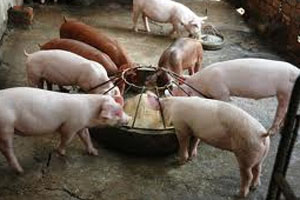
University of Illinois researchers examined the acid amino digestibility in canola, and other products that can replace soybean meal in diets fed to pigs.
“Soybean is by far the biggest oilseed crop in the world,” said Hans Stein, professor of animal sciences. “But canola, cottonseed, and sunflowers are grown in areas where soybeans can’t grow. When the oil is taken out of the seed, meal is left over, as with soybean meal.”
His team looked at amino acid digestibility in both intact canola seeds and canola meal, as well as in cottonseed meal, intact sunflower seeds, dehulled sunflower meal, and sunflower meal with hulls, on which there has been little recent digestibility research. The study included soybean meal for comparison.
Digestibility of amino acids in canola, cottonseed, and sunflower meal was lower than that of soybean meal. The main reason for their reduced digestibility was that these products have higher fiber content than soybean meal. All of them except for the dehulled sunflower meal included hulls, whereas the soybean meal did not.
Also, Stein explained, “Soybeans do not contain as much oil as canola and sunflower. When you take more oil out, the seed hull becomes a bigger proportion of what you have left over – and that’s where you have all the fiber. So, sunflower is over 50% oil, and canola is about 40% oil. Soybean is only 19 or 20% oil, so you concentrate the fiber more when you produce those meals.”
Among the alternative meals, sunflower meal had the greatest values for digestibility of crude protein and the most amino acids. In cottonseed meal, values for most amino acids were the same as, or greater than, those in canola seeds or canola meal.
Canola meal and cottonseed meal contained the greatest concentrations of crude protein and indispensable amino acids after soybean meal. Stein said cottonseed is not used as much as it could be in pig production because it contains gossypol, an anti-nutritional factor that prevents pigs from utilizing lysine.
“But low gossypol varieties are available now, and it’s been shown that if you add enough iron to the diet, it can bind the gossypol, which will then not bind the lysine,” he explained. “So you can use some cottonseed in the diets and they’ll do fine. Cottonseed meal has a relatively good digestibility compared with canola and sunflower meal, so more of it could be used than is used today.”
Stein added that sunflower meal and canola meal need to be significantly less expensive than soybean meal before they are an economical alternative because they have reduced amino acid digestibility and a lower concentration of amino acids and energy than soybean meal.
The researchers have not determined inclusion rates for canola, cottonseed, and sunflower products. Stein said that this may be the subject of future research.
The study, “Amino acid digestibility in canola, cottonseed, and sunflower products fed to finishing pigs,” was published in Journal of Animal Science and was co-authored with Caroline González-Vega, a Ph.D. candidate in the Stein Monogastric Nutrition Laboratory at Illinois.
Source: University of Illinois Urbana- Champaign Monogastric Nutrition Lab
 Beheer
Beheer

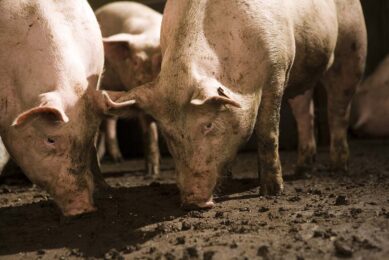
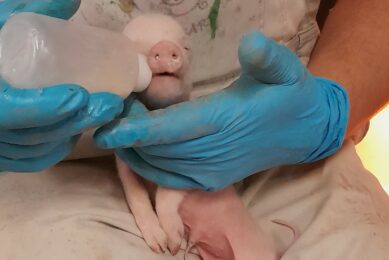
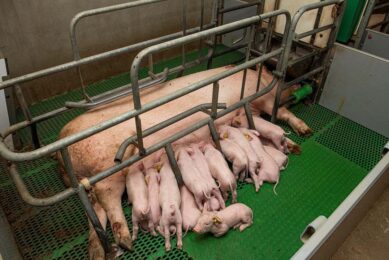
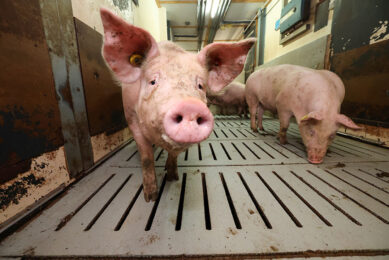



 WP Admin
WP Admin  Bewerk bericht
Bewerk bericht